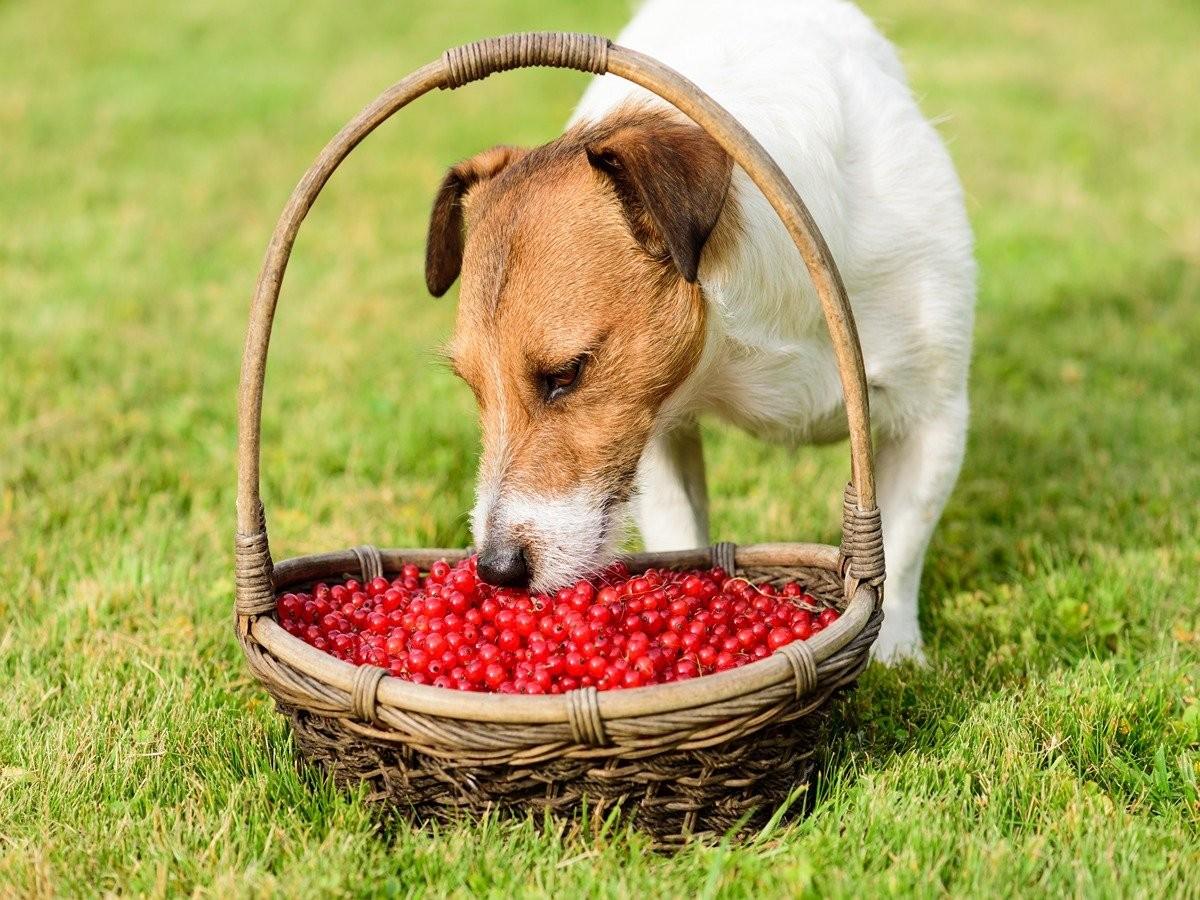While berries offer a tasty and nutritious snack for humans, it's important to understand which varieties are safe for our canine companions. Let's explore the potential benefits and risks of berries in a dog's diet.
Safe Berries for Dogs
Several berry varieties offer valuable nutrients and safe treats for dogs:
Blueberries: Rich in antioxidants and fiber, blueberries support immune function and aid digestion.
Raspberries: Contain antioxidants, fiber, and essential vitamins and minerals for canine health.
Strawberries: Provide vitamin C, fiber, and beneficial enzymes, with potential anti-inflammatory properties.
Blackberries: Another great source of vitamins, antioxidants, and fiber that can support overall dog health.
Harmful Berries for Dogs
It's crucial to know that certain berries pose serious health risks to dogs:
Holly Berries: The toxins in these berries can cause severe digestive upset, vomiting, and lethargy.
Poke Berries: All parts of the pokeweed plant contain toxins that can be fatal if ingested.
Baneberries: These berries contain cardiogenic toxins and can cause severe health complications in dogs.
Juniper Berries: While certain juniper varieties might be safe in small amounts, others contain toxins that irritate the canine digestive system.
Dogwood Berries: Though not fatal, dogwood berries can cause significant gastrointestinal distress in dogs.
Serving Suggestions for Dog-Safe Berries
Moderation is Key: Even dog-safe berries should be offered in limited quantities as occasional treats and should not be dietary staples.
Thorough Washing: Always wash berries before feeding them to your dog to remove any potential contaminants, like pesticides.
Start Slowly: Introduce new berries in small amounts, monitoring your dog for any adverse or allergic reactions.
FAQ: Berries and Dogs
Can dogs eat frozen berries? Yes, frozen berries can be a refreshing treat, especially in warmer weather.
How many berries can a dog eat? Portion sizes depend on your dog's size and breed. Consult your veterinarian for specific recommendations.
Are blueberries poisonous to dogs? No, blueberries are generally safe and offer nutritional benefits for dogs.
What berries are toxic to dogs? Berries that are toxic to dogs include holly berries, poke berries, baneberries, certain juniper berries, and dogwood berries. It's essential to avoid these!
Expert Insights From Spot
While it can be fun to share our favorite foods with our pets, pet parents should keep in mind that sometimes, eating human food can upset a pet's stomach. Spot's internal data shows that on average, pet insurance claims for dietary indiscretions (pets eating too much of what they shouldn't) cost $572.* This high cost highlights why pet parents should keep an eye on what their pets eat, and do their research before sharing their favorite snacks with their dogs. Being mindful of what treats we share with our pets can help keep them healthy while helping pet parents avoid unnecessary vet bills.
Key Takeaways
Understanding the complexities of berries in a dog's diet is crucial for responsible pet ownership. Some berries offer nutritional benefits, but others pose serious health risks. Always prioritize your dog's safety by carefully selecting berries and consulting your veterinarian before introducing new foods. Remember, moderation is critical, and a balanced diet of high-quality dog food remains the cornerstone of canine nutrition.

With 15 years as a dog and cat parent, my pet articles are a mix of humor and firsthand experience - proof that the best stories often come with paws and purrs.
*Jan 2019 to Aug 2024 Spot Pet Insurance Services, LLC claims data.
Pet Expert Team. "Can Dogs Eat Berries? A Guide to Safety." Purina, 02 Oct. 2025, https://www.purina.com/articles/dog/feeding/can-dogs-eat/berries.
Malmanger, Ellen. "What Fruits Can Dogs Eat?" PetMD, 22 Apr. 2025, https://www.petmd.com/dog/nutrition/what-fruits-can-dogs-eat.
The information presented in this article is for educational and informational purposes only and does not constitute or substitute for the advice of your veterinarian.











